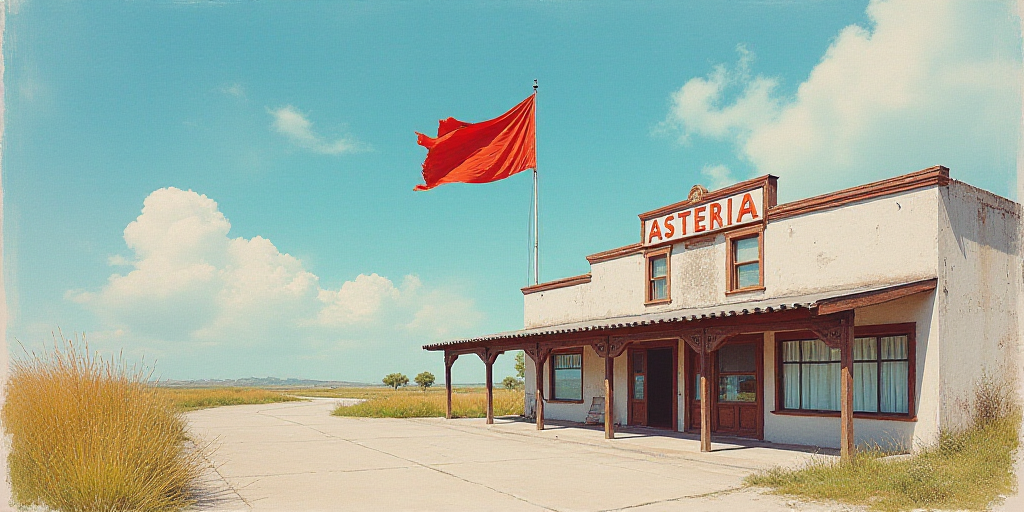Background on the Situation
On May 3, 2025, the UNESCO World Press Freedom Prize was awarded to Nicaragua’s prominent opposition newspaper, La Prensa. This decision has led to Nicaragua’s withdrawal from UNESCO, sparking discussions about press freedom and government response to criticism.
Who is La Prensa?
La Prensa is one of Nicaragua’s most influential and critical newspapers, known for its unwavering stance against the ruling Sandinista government. Established in 1925, it has a long history of investigative journalism and advocating for democracy, human rights, and press freedom in Nicaragua.
Why was the UNESCO Prize Controversial?
The Sandinista government, led by President Daniel Ortega, views La Prensa as a persistent critic and has historically targeted the newspaper with legal challenges, harassment, and even physical attacks on its journalists. The government’s reaction to the UNESCO award highlights its intolerance for dissenting voices and the challenges faced by independent media in Nicaragua.
Nicaragua’s Withdrawal from UNESCO
Following the announcement of La Prensa receiving the UNESCO World Press Freedom Prize, Nicaragua’s government expressed its displeasure and decided to withdraw from UNESCO. This move has been interpreted by many as an attempt to silence criticism and undermine international pressure for upholding press freedom.
Impact on Press Freedom in Nicaragua
Nicaragua’s withdrawal from UNESCO and the government’s reaction to La Prensa’s award have raised concerns about press freedom in the country. Independent media outlets face increasing pressure, and journalists continue to experience harassment, intimidation, and legal obstacles in their pursuit of truthful reporting.
International Reactions and Implications
The international community has condemned Nicaragua’s withdrawal from UNESCO and the government’s actions against La Prensa. This situation has drawn attention to the broader issue of press freedom violations in Nicaragua and the need for accountability from authoritarian regimes.
Key Questions and Answers
- What is the UNESCO World Press Freedom Prize? The UNESCO World Press Freedom Prize is an annual award given by the United Nations Educational, Scientific and Cultural Organization (UNESCO) to recognize individuals, groups, or organizations that have made significant contributions to promoting and defending press freedom.
- Who is La Prensa, and why is it significant? La Prensa is a Nicaraguan newspaper known for its critical stance against the ruling Sandinista government. Established in 1925, it has a long history of investigative journalism and advocating for democracy, human rights, and press freedom in Nicaragua.
- Why did Nicaragua withdraw from UNESCO? Following the awarding of the UNESCO World Press Freedom Prize to La Prensa, Nicaragua’s government expressed its displeasure and decided to withdraw from UNESCO. This move was seen as an attempt to silence criticism and undermine international pressure for upholding press freedom.
- What are the implications of Nicaragua’s withdrawal from UNESCO? Nicaragua’s withdrawal from UNESCO and the government’s reaction to La Prensa’s award have raised concerns about press freedom in the country. Independent media outlets face increasing pressure, and journalists continue to experience harassment, intimidation, and legal obstacles.
- How has the international community responded? The international community has condemned Nicaragua’s withdrawal from UNESCO and the government’s actions against La Prensa. This situation has drawn attention to press freedom violations in Nicaragua and the need for accountability from authoritarian regimes.






